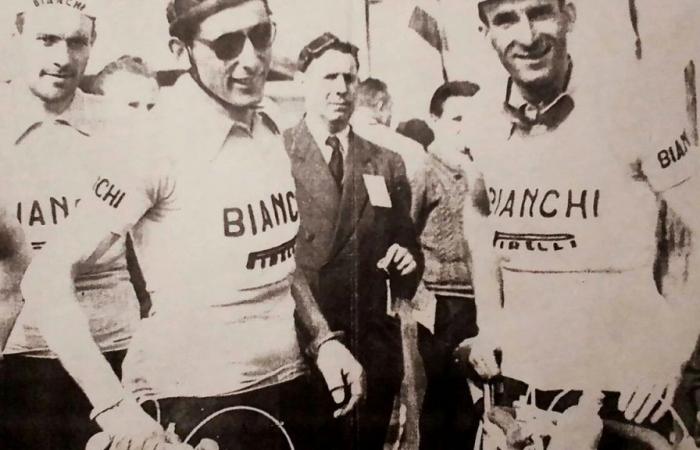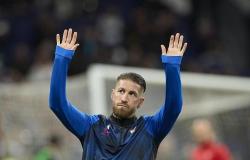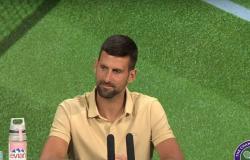“Le Grand Fusil” has recently blown out 99 candles, a nickname that Raphael Geminiani has carried with him throughout his career as a professional cyclist. His story starts in France, in Clermont-Ferrand where he was born, but has deep roots in Lugo, where his family originates. On the occasion of the Tour de France, on June 30th in Faenza, a banner will be placed on the hairpin bends of the Monticino di Brisighella to wish the “Gem” a happy birthday. An initiative coordinated by the Mazzotti family from Lugo, relatives of Geminiani.
Raphael’s father, Giovanni (Giumej), was a well-known cyclist in the early 1920s, as well as the owner of a bicycle construction, repair and sales shop. Due to disagreements with fascism, he was “purged” with castor oil by the militiamen, but since he resisted, he was deprived of his shop, which was set on fire. Having lost everything, he emigrated to France with his wife and children Angelo and Polonia in 1924. He found work in Clermont-Ferrand at “Michelin”, where two more children were born: Raphael and Rose-Marie. This meant that Raphael is of French nationality, but since his family maintained the daily use of the “mother tongue”, he speaks the Romagnolo dialect fluently, despite not knowing Italian well.
In its transit the Tour will therefore pass through Faenza (a few steps from Raphael’s beloved Lugo) to head towards Brisighella and then face the Monticino climb: the professional Geminiani in ’46, in training, went up it, still dirt road and full of stones , with his cousin Luigi “Gigetto” Mazzotti and his friend Francesco Baccarini who, fascinated by the exploits of the cyclist G, were precursors of the “Lughese cycling tourism” and the “Francesco Baracca” association.
Geminiani participated in eleven Tours de France, finishing 4th in ’50, 2nd in ’51 and 1st in the classification of the Mountain Grand Prix, 6th in ’55, while in the Tour of ’58 he came 3rd because, it is said , despite having victory in hand, he was hindered by his compatriots due to choices they didn’t agree with. He took part in six Giri D’Italia, finishing 9th in ’52 and 1st in the Mountain Grand Prix classification, 4th in ’55, 5th in ’57, 8th in ’58, 9th in ’59 and 1st in the Mountain Grand Prix. Furthermore he obtained 8th place in the local Giro di Romagna in ’51, was French Champion in ’53 and in ’55 he placed 3rd in the Tour of Spain. He raced with all the great champions of the time including Bartali and Coppi who, in ’52, even wanted him in the team with him in the legendary Bianchi.
With his friend Coppi, in December 1959, he took part in a sporting competition in Upper Volta (Africa) which also included hunting trips; upon returning home they had serious health problems due to malaria: in Raphael, in France, it was diagnosed in time and managed to survive (even if the consequences of the disease put an end to his competitive career) while, in Italy, despite the phone calls from brother of Geminiani (Angelo) to Coppi’s doctors to communicate the solution to the problem (quinine), Fausto died on 2 January 1960 because unfortunately those phone calls were not considered.
Having abandoned racing, Geminiani became sporting director of Roger Rivière, of Jacques Anquetil in Bic, of Rudi Altig and also of Eddy Merckx at the end of his career in Fiat France; subsequently he always remained in the cycling environment as a commentator and sports commentator.






